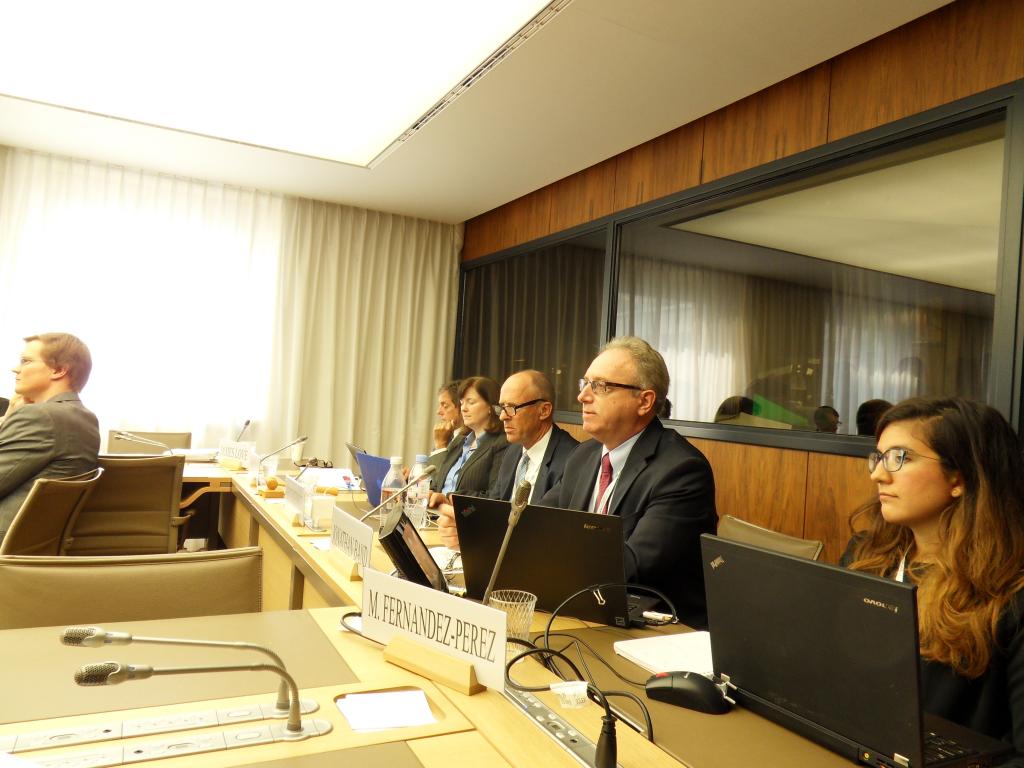What’s the Deal? Trade, Copyright and Libraries Discussed at WTO Public Forum
07 October 2016

Despite political criticisms, trade-based globalisation is an unavoidable part of modern economies and society. As countries have sought to facilitate exchanges of goods and services, they have signed deals that have far reaching effects on national legislation.
A lot is heard about environmental and food safety standards or public services, and fears about how trade deals might affect these. But there are also impacts on intellectual property, and in particular the limitations on copyright which give libraries the legal space to do their jobs.
With a view to understanding what recent discussions could mean for libraries and limitations on copyright, IFLA organised a panel at last week’s World Trade Organisation Public Forum. This is one of the primary opportunities for civil society organisations to meet and engage with officials from governments and the international institutions in Geneva.
An impressive expert panel underlined the need for limitations to copyright to work on an international level, given increasing cross-border flows of knowledge. They also noted serious concerns not only with the substance of many trade deals, but also the lack of transparency in the way they were negotiated. Both factors tended to benefit special interests at the expense of the public good.
In the case of libraries, copyright terms have been extended beyond the minimum necessary in international law, and controls are placed on what libraries and users can do with books and other materials they have legally bought.
However, there were also grounds for optimism. In the same week as the panel, the Treaty of Marrakesh entered into force. Agreed at the global level, this creates limitations on copyright allowing for the creation and exchange of accessible format copies of books for the benefit of people with visual impairments.
Similarly, the Trans-Pacific Partnership includes an obligation on signatories to achieve appropriate balance, with purposes such as teaching, scholarship and research cited as legitimate reasons for placing limitations on copyright.
While such provisions do not respond to concerns about transparency, they do indicate a more positive trend. For libraries, it will be a welcome development if future trade deals and treaties lead to a legal framework that allows them to serve their communities better.
IFLA is very grateful to Marietje Schaake MEP, Michele Woods (WIPO), Maryant Fernandez-Perez (EDRi), Jonathan Band (Policy Bandwidth), James Love (KEI) and Professor Bernt Hugenholtz (IViR) for their participation. IFLA will continue to make the case for better copyright rules for libraries internationally.
For more information, please see our report from this event.